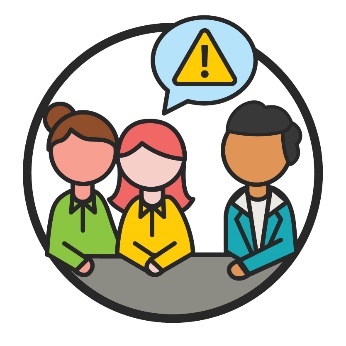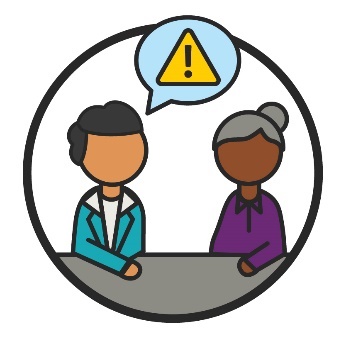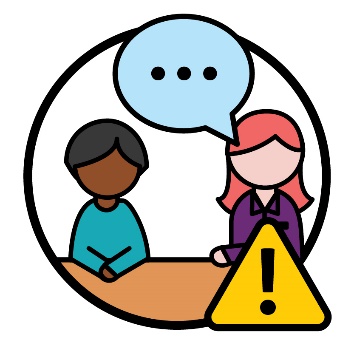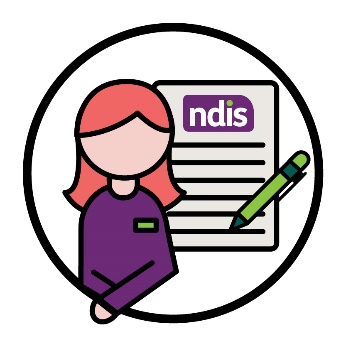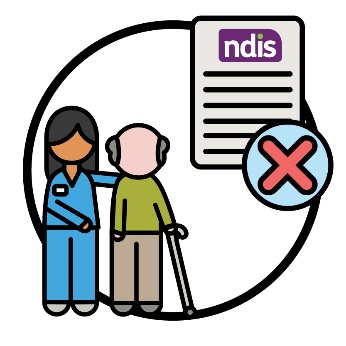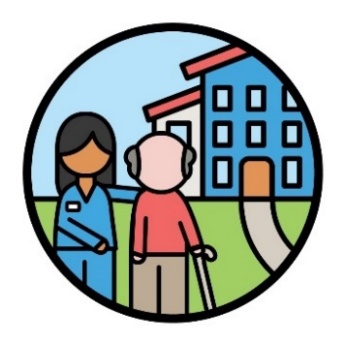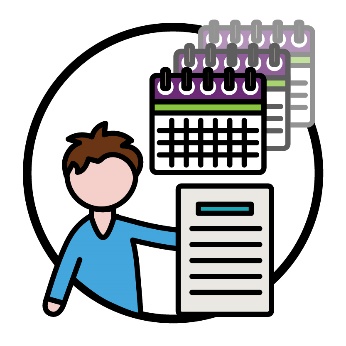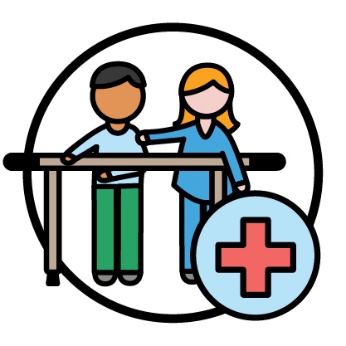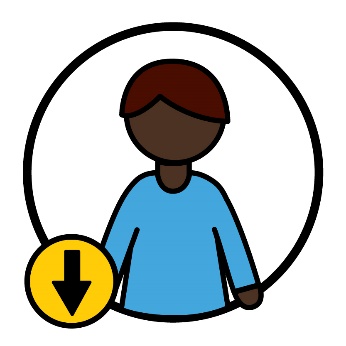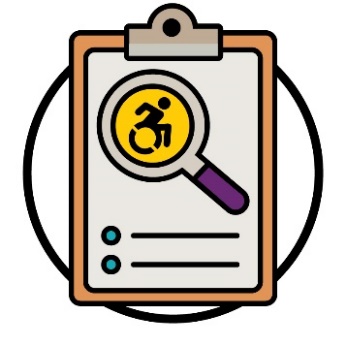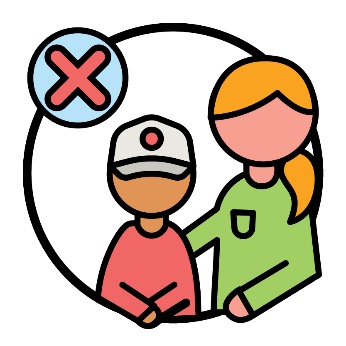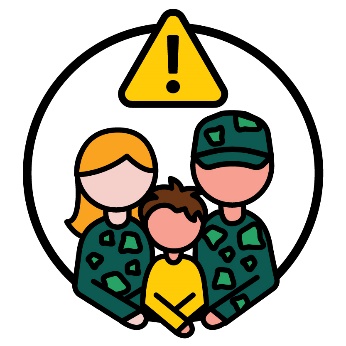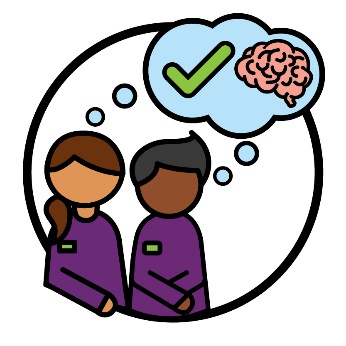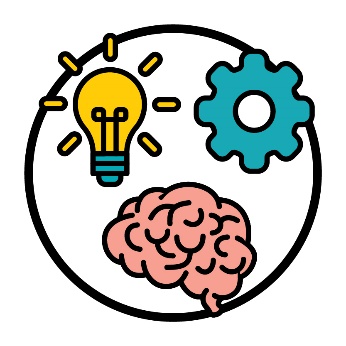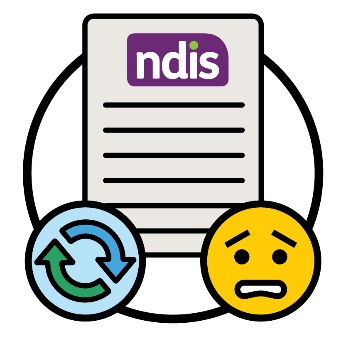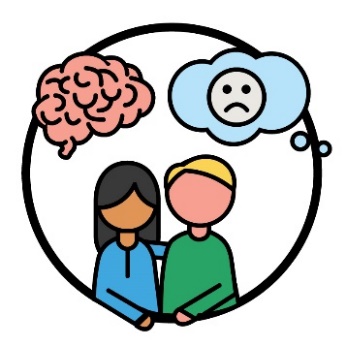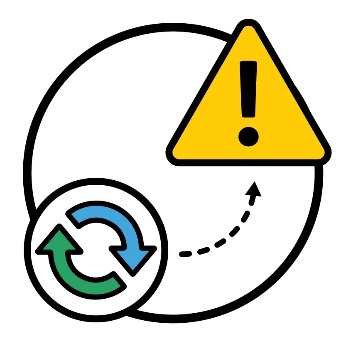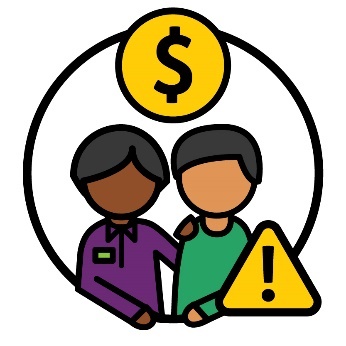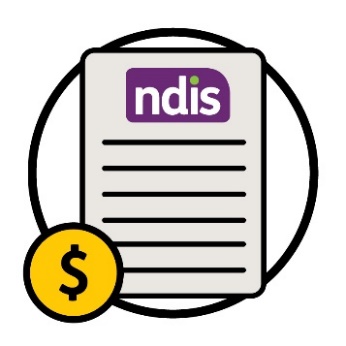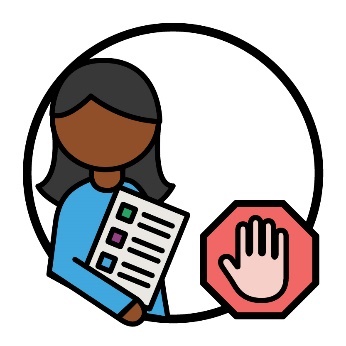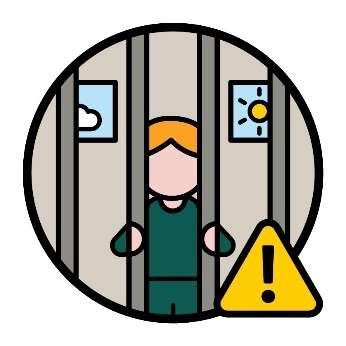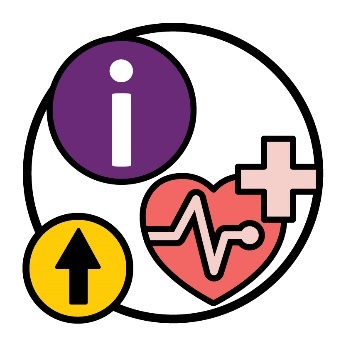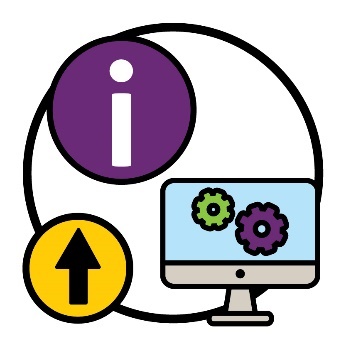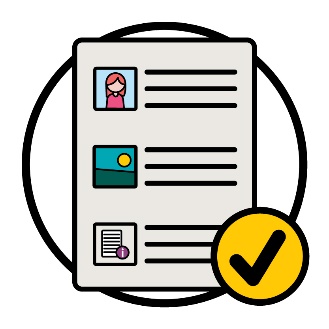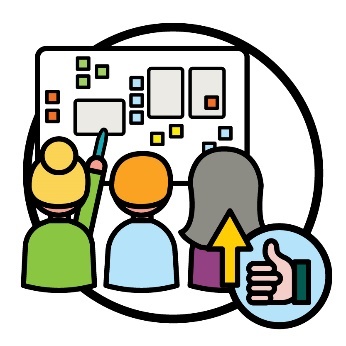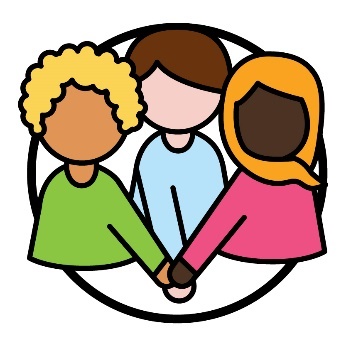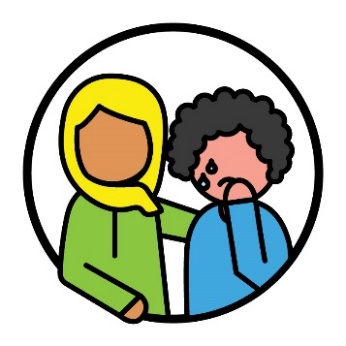Our reports
|
|
The Reference Group connected with the community to find out about issues that affect them. |
|
|
|
The Reference Group members shared these issues with the NDIA. |
|
What did the reports talk about?
NDIS plans
|
|
The Reference Group explained that some NDIS planners don’t always tell participants what they need to know. |
||||
|
|
An NDIS planner is someone who:
|
||||
|
|
For example, some NDIS planners tell participants over 60 years old that aged care might be better for them. But these planners don’t tell participants that they can’t take part in the NDIS if they do this. |
||||
|
|
Aged care is where older people live when they can’t stay in their home anymore. |
||||
|
|
Members also explained that it can take a long time to get the proof needed from occupational therapists for a participant’s plan. |
||||
|
|
An occupational therapist supports someone to find ways to do everyday tasks. |
||||
|
|
It can take a long time to get this proof because there are not enough occupational therapists. |
||||
|
|
Members shared that assessments to take part in the NDIS can cost too much. |
||||
|
|
Assessments help the NDIA work out:
|
||||
|
|
This means some children might not get support when they first need it. |
||||
|
|
Members explained that some families in the defence forces find it harder to take part in the NDIS. |
||||
|
|
The defence forces include the:
|
||||
|
|
Families in the defence forces may have to move:
or
|
||||
|
|
This makes it hard for families to collect the proof they need to take part in the NDIS. |
||||
|
|
Members shared that more NDIA staff should better understand what people with intellectual disability need. |
||||
|
|
An intellectual disability affects how you:
|
||||
|
|
Members shared that some people with psychosocial disability worry about how the NDIS will change. |
||||
|
|
A psychosocial disability affects your mental health. It can affect how you:
|
||||
|
|
People with psychosocial disability worry that changes will make it harder for them to take part in the NDIS. |
||||
NDIS services and supports
|
|
Reference Group members shared that some NDIS planners focus on the cost of providers when they make a decision. |
||
|
|
Members explained that the NDIA should improve how they support participants who make a mistake with their funding. |
||
|
|
Funding is money from the government that pays for services and supports. |
||
|
|
Sometimes the NDIA will stop participants from managing their own plan after they make a mistake with their funding. |
||
|
|
Members shared that some people with disability in prison find it hard to use the supports in their plan. |
||
The community and other services
|
|
Reference Group members explained that health care services should share more information with people with disability. |
||
|
|
This includes information about how important health checks are. |
||
|
|
Members shared that some people don’t understand the NDIA’s new computer system. |
||
|
|
The NDIA should share more information about their new computer system. |
||
|
|
This includes sharing information in Easy Read. |
||
|
|
Members also shared that people with disability want the NDIA to keep making their co-design work better. Co-design is when people work together to plan something new. |
||
They want the NDIA’s co-design work to support: |
|||
|
|
|
||
|
|
|
||
|
|
Trauma is the way you feel about something bad that happened to you. For example, you might feel scared or stressed. Trauma can affect you for a long time. |
||
